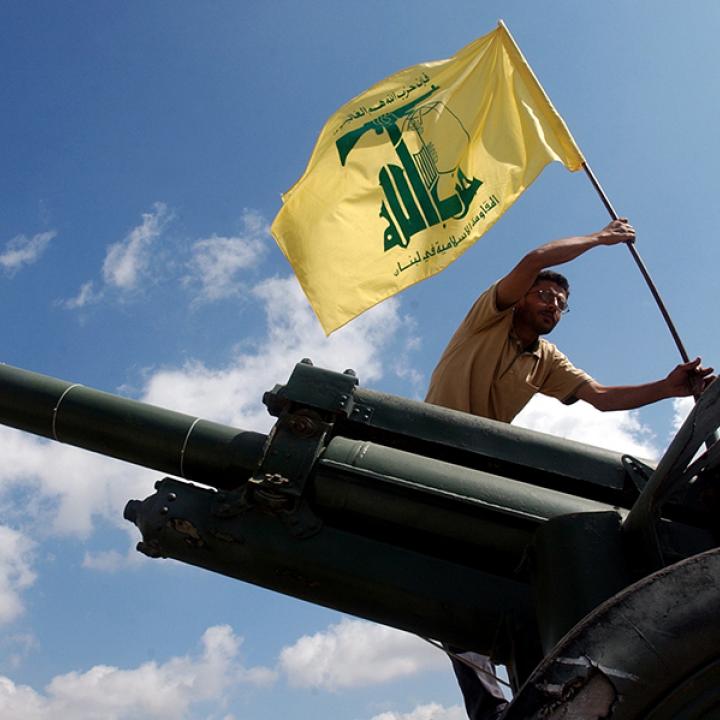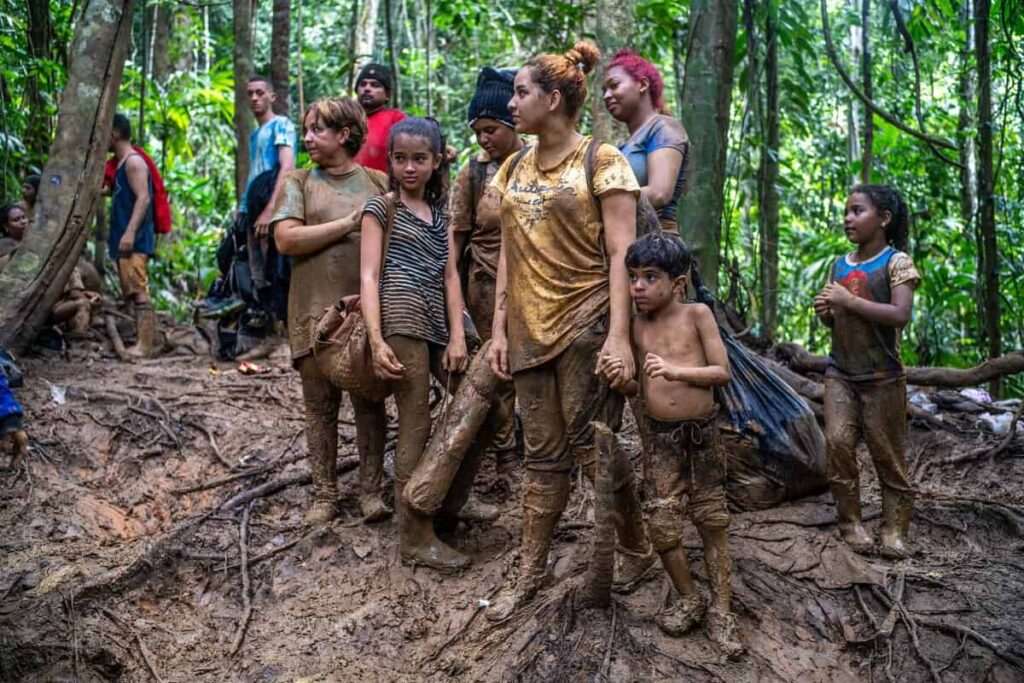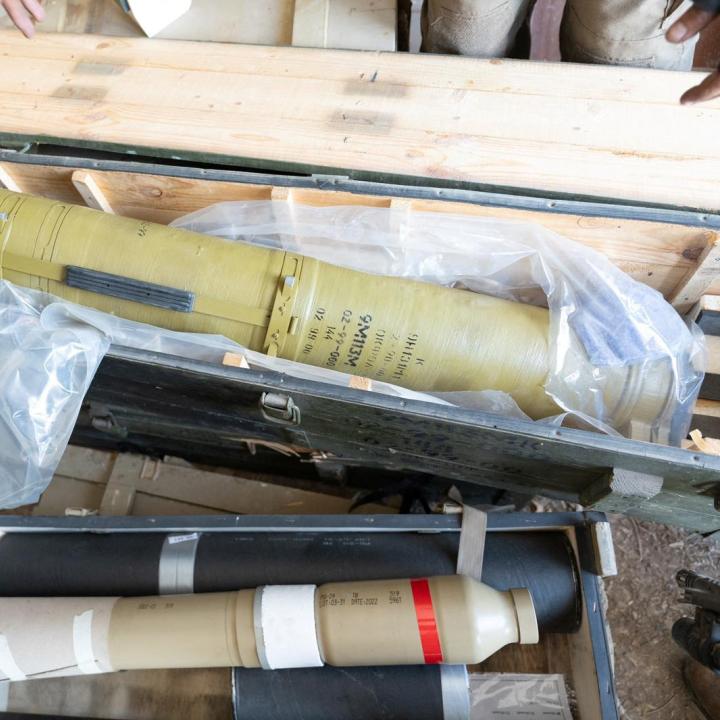Iran Update, November 21, 2025
Toplines
Some Syrian General Security Service (GSS) units are improving their counter-insurgency approach in rural minority areas by relying on relationships with locals. The GSS arrested a large Islamic Revolutionary Guards Corps (IRGC)-affiliated Assadist cell in Sheikh Bader, Tartous Province, on November 12.[1] Independent Syria researcher Gregory Waters reported on November 21 that locals originally tipped off the GSS to the cell’s presence at their compound in Sheikh Bader.[2] The two GSS officers who led the investigation said that the local tip-off and local community support were critical to the GSS’s dismantlement of the Assadist cell and to stability in the surrounding area.[3]






